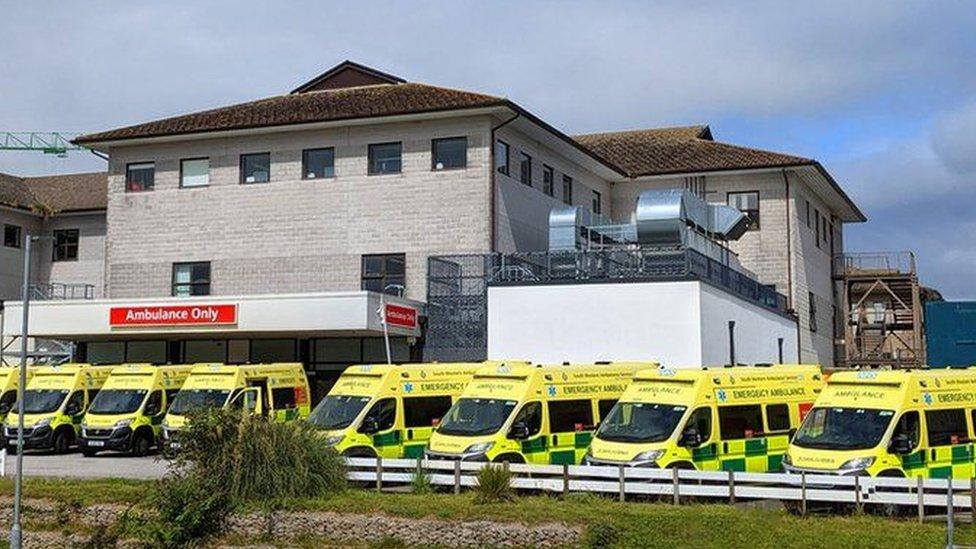South Western Ambulance Service declares critical incident
- Published
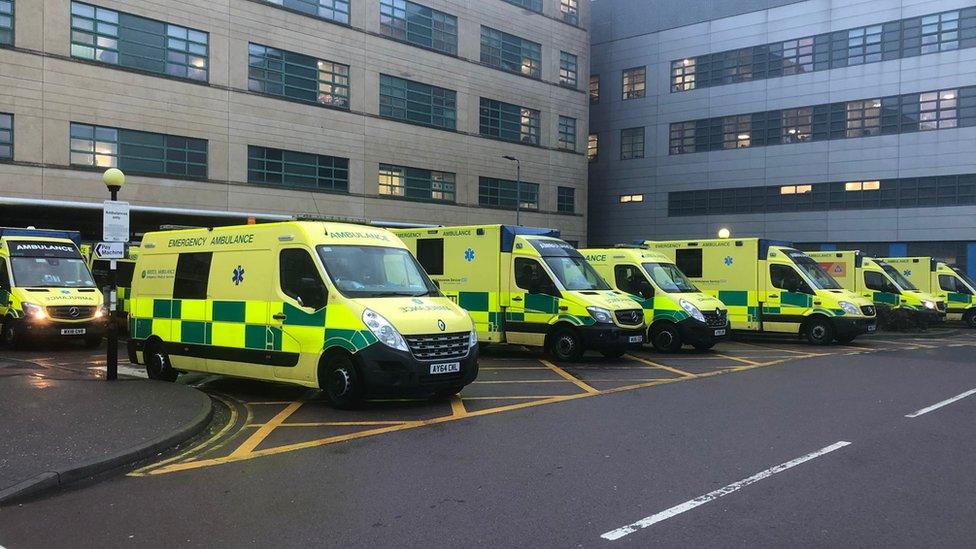
Ambulance workers are set to strike on Wednesday in a dispute over pay and staffing levels
South Western Ambulance Service has declared a critical incident after having 700 calls waiting to be dispatched on Tuesday.
The service will take various measures, such as cancelling staff training, to address demand, according to BBC West health correspondent Matthew Hill.
It comes on the eve of the first ambulance strike in over 30 years ago set for Wednesday, 21 December.
Thousands of staff are taking action in a dispute over pay and staffing levels.
The BBC understands even at the busiest times pre-pandemic the service would be used to half the number of calls it received on Tuesday.
People have already been urged to only call 999 in life-threatening emergencies ahead of the strike action.
Staff will leave the picket line for emergencies, union Unison said.
A government minister said if people need an ambulance they "should most definitely seek that in the usual way".
Tom Pursglove, a minister for disabled people, health and work, said it was "absolutely essential" that ministers continue to engage with the unions.
"But also that the NHS works tirelessly in local areas to make sure that the right cover is in place," he added.
The government has said that about 1,200 members of the military and 1,000 civil servants will be drafted in to cover for striking ambulance and Border Force staff over Christmas.
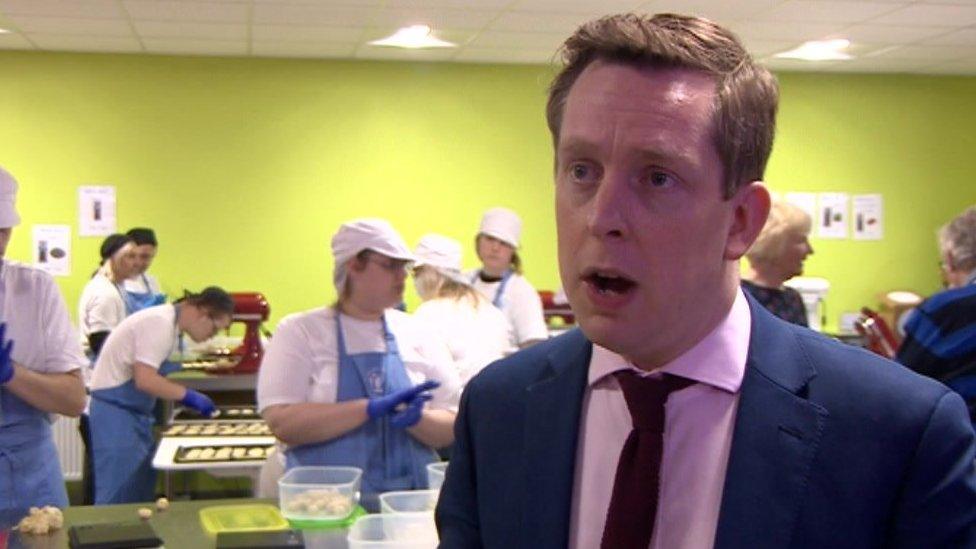
Minister Tom Pursglove said people should still call for an ambulance if they needed one
Speaking ahead of Wednesday's strike action, Will Warrender, chief executive at the service, said they were "sorry" for any delays in response times.
"The public can help us by only calling 999 for life-threatening emergencies, we absolutely must have crews available for the most life-threatening conditions and we will be prioritising these patients," he added.
He asked people not to call back asking for an estimated time of arrival of an ambulance and said that if a patient's condition is not life-threatening they may be directed to alternative services.
Mr Warrender spoke as the service said there were 420 patients waiting for ambulances across the area on Monday, with 152 ambulances outside hospitals waiting to handover patients.

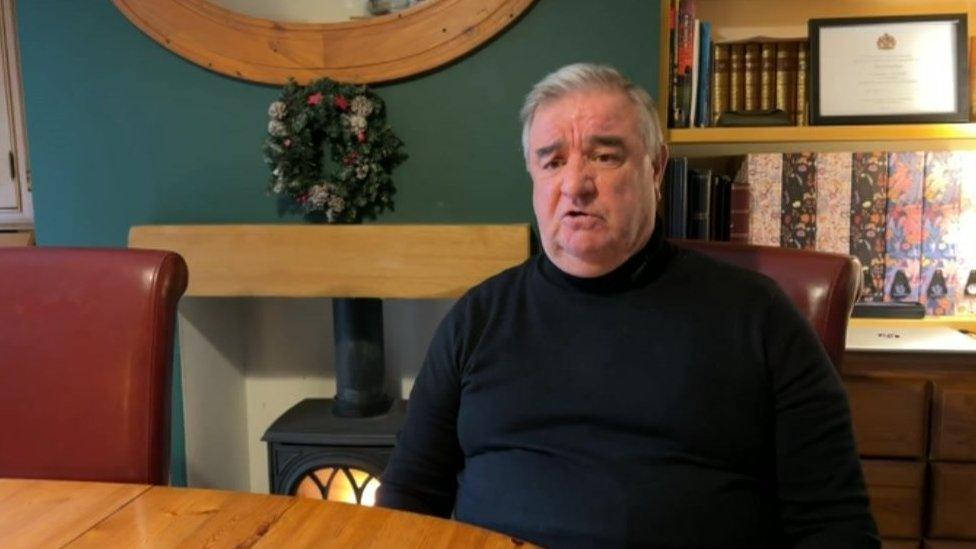
Kevin Stephens said waited for 15 hours for an ambulance for his housebound mother
'Not acceptable'
Kevin Stephens, from Gloucestershire, waited for more than 15 hours with his mother for an ambulance after her GP said she might have deep vein thrombosis (DVT) and needed to go to hospital.
Speaking to BBC West, he said: "She is housebound so we couldn't drive her there or take a taxi.
"When we got there they found she had a blood and urine infection - she wasn't able to have a scan for the DVT because the equipment wasn't working."
She later spent the a night on a reclining chair because there was not a bed available before she was transferred to a ward, he said.
Mr Stephens said he had "mixed emotions" about the strike because he is "very worried" about his mother but is also "very angry about the state the health care system is in".
"I don't blame the NHS workers for this," he said.
"Thousands of people up and down the country are really suffering. Our NHS is broken and it needs to be fixed."

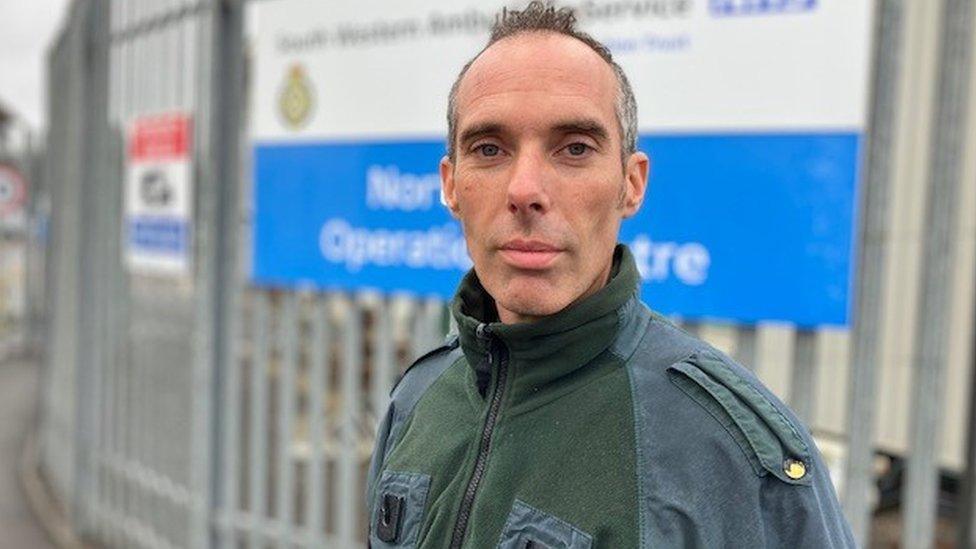
Chris Hewett, from Unison, said striking crews will leave the picket line for emergencies
As well as planned strike action, cold weather and busy hospitals are putting increasing pressure on the service, the ambulance service said.
Chris Hewett, from Unison, said there were ambulance stations are spread out across the South West and "we're confident that our Unison members who are on the picket line will want to respond to any emergencies in their local communities".

Follow BBC West on Facebook, external, Twitter, external and Instagram, external. Send your story ideas to: bristol@bbc.co.uk
- Published18 December 2022
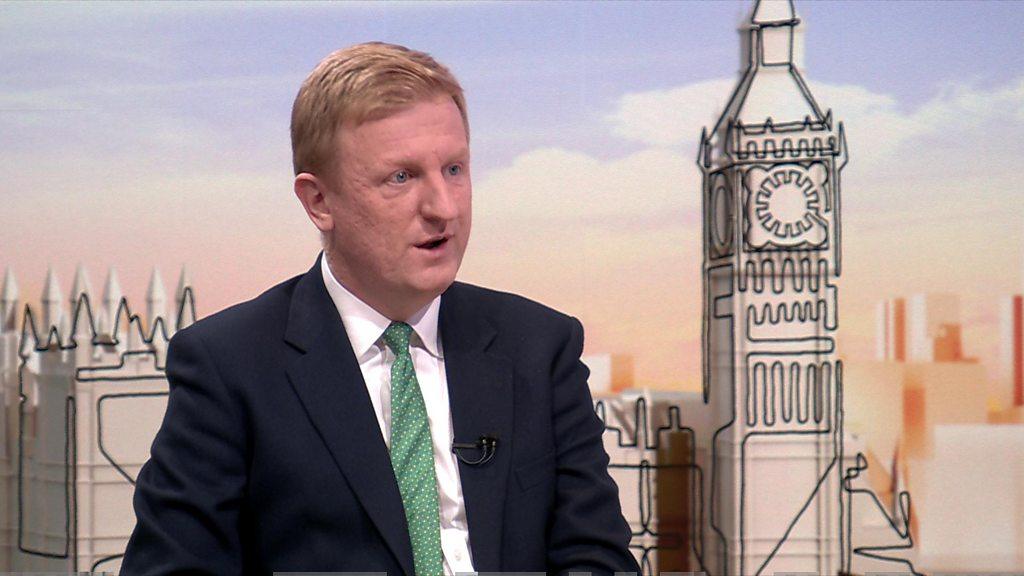
- Published17 December 2022
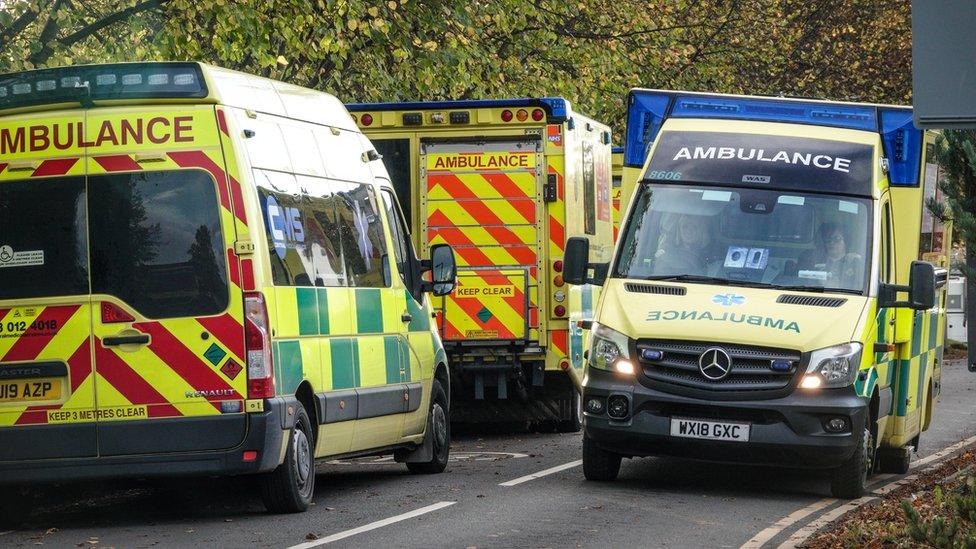
- Published16 December 2022
